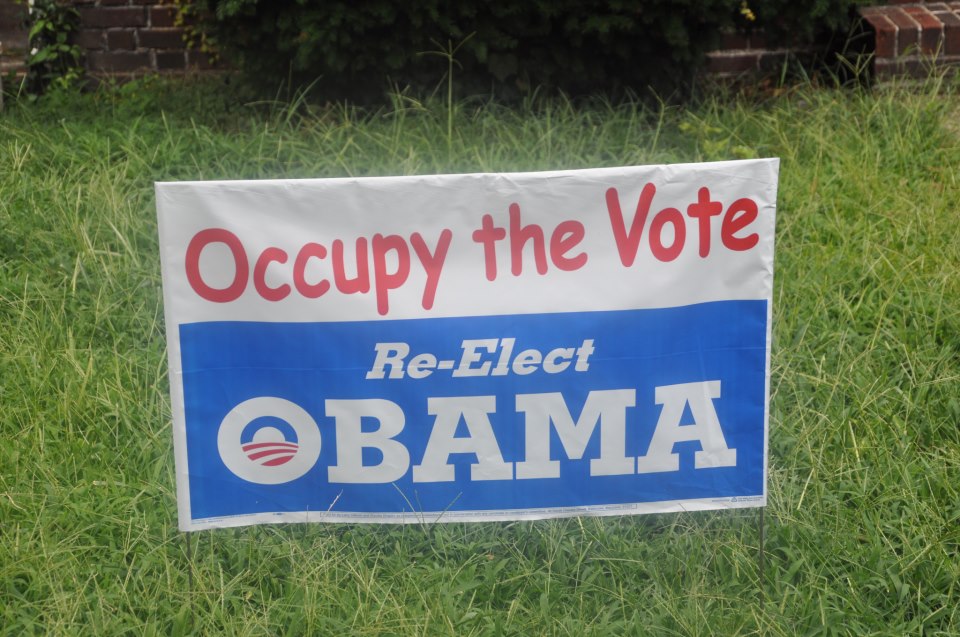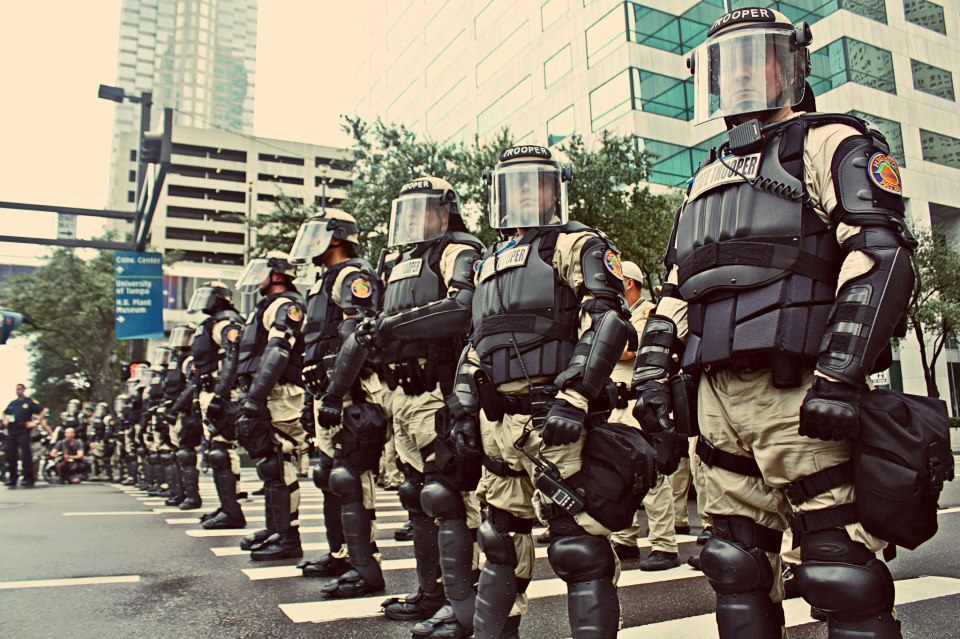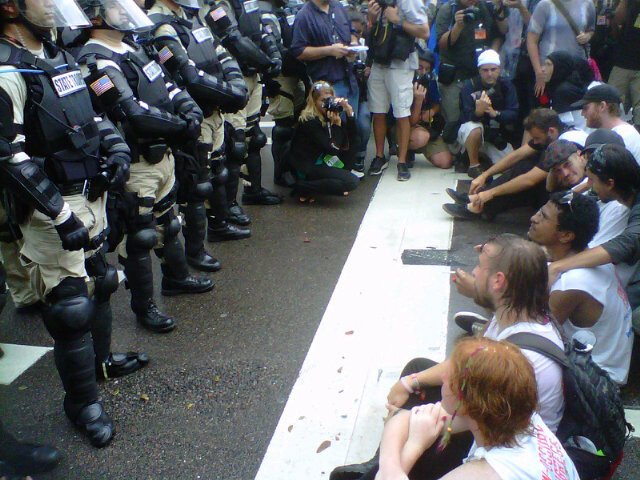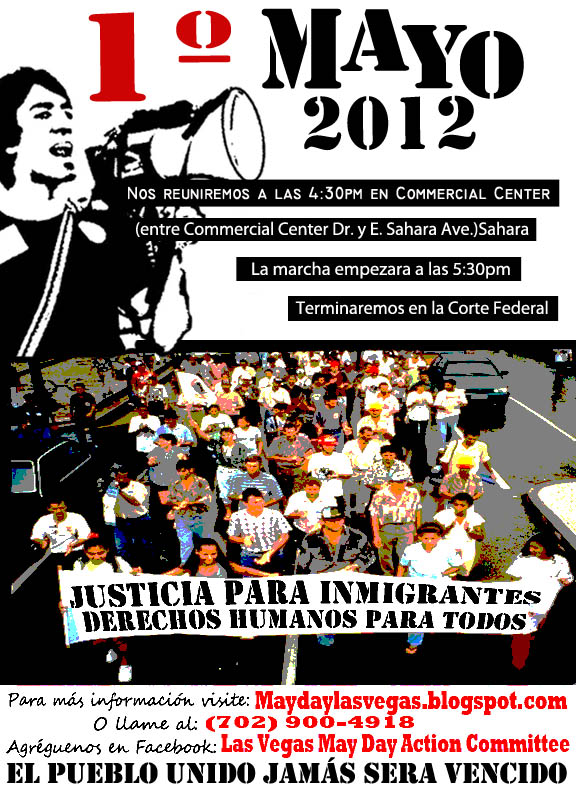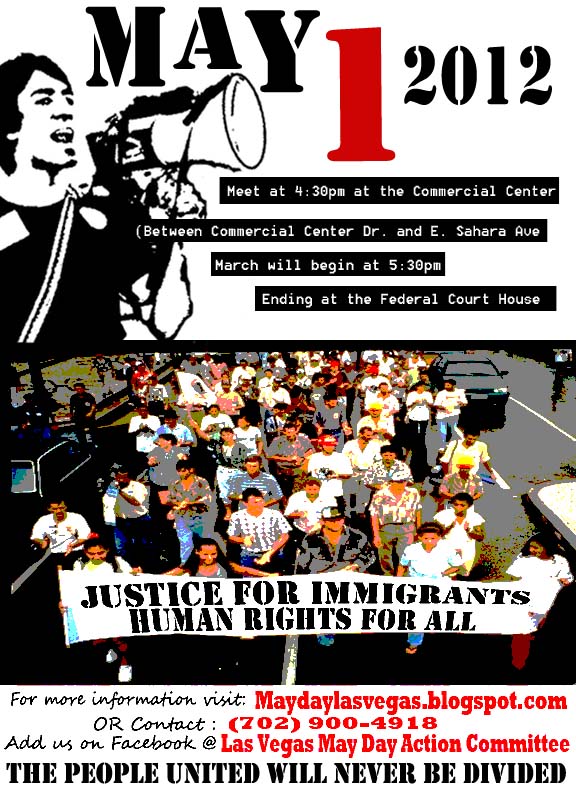M@ Mailed Monthly: Organized Anarchy and Free Markets Against Privateering
tl;dr. Two beautiful new booklets are available for ordering to-day from the ALL Distro — this month’s Market Anarchy, with an article by Sheldon Richman on free-market anticapitalist approaches to privatization
, and this month’s Anarchist Classic, an 1899 pamphlet by Fred Schulder on anarchy, evolution, and free social organization. You can get one free sample copy of either series (or both) to check out, if you’re considering a monthly subscription for individual copies or monthly packs to distribute in the radical space of your choice. Sound good? You can contact me for details, or you can order directly from the Market Anarchy Zine Series and Anarchist Classics Series homepages.
Scatter tracts, like raindrops, over the land….
–William Lloyd Garrison, The Liberator, March 1831.
So it’s been a long time since I last posted an update about the ALL Distro’s monthly series to this website — since I got the new Distro website up and running, I’ve mostly kept up with the updates over there and haven’t been posting notes over here as new issues come out. Sometime soon I hope to put up a catch-up post just to give you an idea of what’s come out through the Distro over the past several months. But in the meantime: To-day, I am happy to announce this past month’s two additions to the Alliance of the Libertarian Left Distro. Let us welcome No. 22 of the monthly Anarchist Classics Series, Fred Schulder’s 1899 lecture / pamphlet on The Relation of Anarchism to Organization. And No. 35 of the monthly Market Anarchy Zine Series, Sheldon Richman’s recent essay on radical, homesteading-based alternatives to neoliberal privateering, From State to Society: How and How Not to Privatize.

Market Anarchy #35 (Nov’12). From State to Society. How & How Not To Privatize Sheldon Richman (2012) |
This article by Sheldon Richman explores a radical libertarian, free market anti-capitalist approach to
$1.00 for 1; 75¢/ea in bulk. |
|---|---|
|
This odd little classic from Fred Schulder (1874-1961) — the individualist anarchist writer, lecturer, and sometime traveling salesman from Cleveland, Ohio — is a discussion of anarchy, the theory of evolution, the role of free association and property in an anarchic society, and the emergence of positive social organization. The lecture reprinted in this chapbook was originally delivered by Fred Schulder at the Franklin Club, a social and intellectual discussion group in Cleveland, Ohio, on September 18, 1898. The next year, Schulder was persuaded to prepare his club lecture for publication in pamphlet form by his friend, the renowned printer Horace E. Carr.
$2.00 for 1; $1/ea in bulk. |
Now as I’ve mentioned before, both the Market Anarchy Zine Series and the Anarchist Classics Zine Series are regular monthly publications, with one issue each being sent out each month. You can always order individual copies online from the Distro page, but if you’d like to save on shipping & handling charges, and to get new orders as soon as they come out, you can always sign up for a regular subscription. Subscriptions can be for personal reading, or for discounted bulk orders of material for distributing, tabling, or for stocking your local infoshop and other radical spaces. I’m happy to say that in the past few months I have added online subscription forms, so that you can set up half-year or full-year subscriptions directly from the Market Anarchy Zine Series and Anarchist Classics Zine Series homepages.
Alternatively, if you’re considering subscribing you can also contact me to request a free sample copy for you to check out, compliments of the Distro; then, if you like it, continue the subscription for the rest of the year at the following rates (all prices already include any shipping and handling costs):
| Market Anarchy Zine Series | ||
|---|---|---|
| Individuals | Bulk Distribution Packets | |
| $1.50/issue (= $18/year) |
No. of copies !!!@@e2;153;2022; 80¢/issue (= N !!!@@e2;153;2022; $9.60/year) |
|
| Anarchist Classics Zine Series | ||
| Individuals | Bulk Distribution Packets | |
| $2.25/issue (= $27/year) |
No. of copies !!!@@e2;153;2022; $1.25/issue (= N !!!@@e2;153;2022; $15/year) |
|
For details on all your options (including ready-to-print electronic versions, customizations of booklets with local contact information for your ALL chapter or local Anarchist activities, discounts for receiving quarterly shipments, etc. etc. etc.), see Market Anarchy Mailed Monthly. If you decide not to continue the subscription, the sample issue is yours to keep. Intrigued? Contact me forthwith, and we’ll get something worked out.
That’s all for now. In December we’ll be dropping some more science; until then–enjoy the Anarchy!



